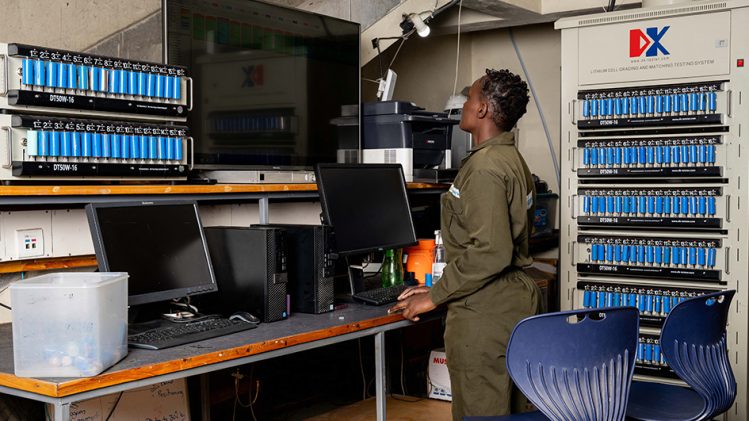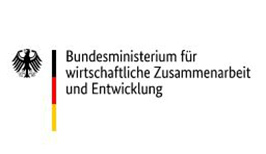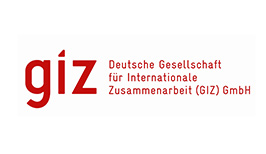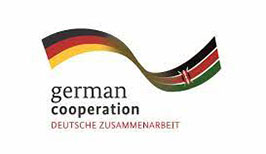Piloting and Prepare to Scale E-Mobility in Kenya
A strong ecosystem for sustainable transport
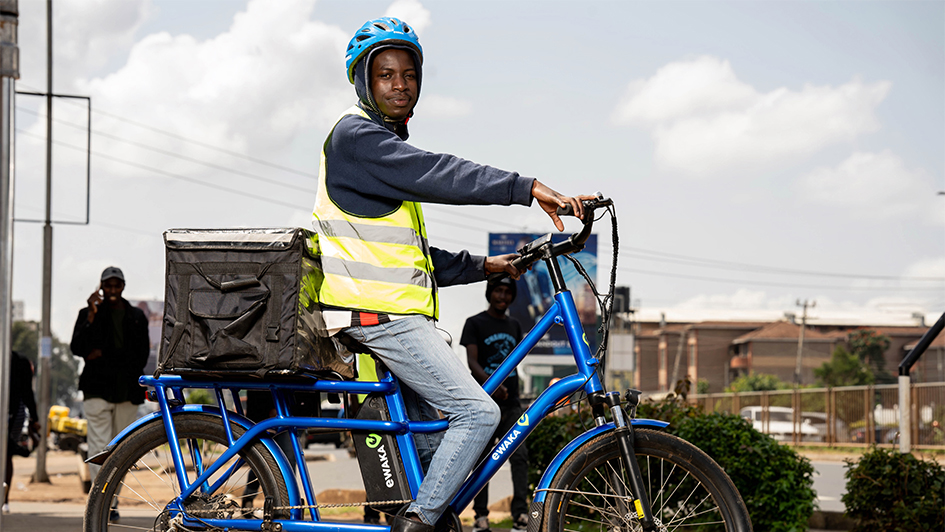
E-mobility is gaining traction as a promising solution for transforming the transportation sector in a sustainable, long-term manner. However, many Sub-Saharan countries face persistent barriers, including limited access to reliable electricity and constrained financing mechanisms. Kenya is well-positioned to lead this transition, supported by relatively widespread grid access and a strong government commitment to renewable energy and sustainable transport initiatives. Siemens Stiftung, in partnership with GIZ, is implementing the “Piloting and Prepare to Scale E-Mobility in Kenya” project. This initiative is designed to accelerate the development and scaling of e-mobility solutions in Kenya by providing targeted support to enterprises, thereby bridging the gap between innovative solutions and market readiness.
BackgroundVibrant start-up scene and renewable energies
By comparison with neighboring countries, Kenya offers a favorable environment for the electrification of the transport system. Over 75% of the population is connected to the national grid, and the country sources more than 85% of its electricity from renewable sources, with a long-term ambition to reach 100%. The government’s updated climate commitments include a sector-specific target to reduce transport-related emissions by 3.46 MtCO₂e by 2030, supported by interventions such as electric mobility, Bus Rapid Transit, and non-motorized transport. A Draft National E-Mobility Policy is also underway, outlining measures to incentivize EV adoption, expand charging infrastructure, and establish a supportive regulatory environment. At the same time, Kenya is home to one of Africa’s most dynamic e-mobility startup ecosystems. The stable financial sector and supportive business environment offer both financial and non-financial assistance to growing enterprises. This combination of infrastructure, policy, and innovation provides a solid foundation for the expansion of e-mobility in the region.
Obstacles in funding and implementation
On the road to a sustainable transport sector, however, there are a number of obstacles that must be overcome in Kenya as well: 1) Many mobility projects have high investment requirements. 2) Unfavorable credit conditions often limit access to finance, and the leading financial institutions tend to be located in larger cities – meaning that they are more difficult for rural entrepreneurs to reach. 3) Policies and regulations are complicating implementation, as evidenced in importing, manufacturing and operating mobility services, as well as charging infrastructure and recycling.
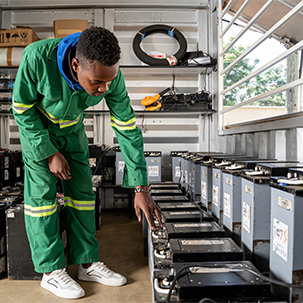
Project
The aim of our cooperation with GIZ in Kenya is to support the further development of e-mobility through research, coaching and networking.
Five research projects on the agenda
In collaboration with social enterprises, we are conducting at least five research projects geared to improving the market testing of products and business models, anchoring value chains locally, creating jobs, and reducing emissions. The results will be disseminated through webinars and roundtables.
Strengthening E-Mobility Capacity Through Local and Global Expertise
It’s not just research that strengthens local e-mobility ecosystems. As part of a dedicated capacity-building program, over 50 professionals from Kenya’s e-mobility sector have already received targeted training delivered by African and international experts. The program focuses on strengthening the technical and practical capabilities of entrepreneurs, engineers, and practitioners through modules on human-centered design, battery technology, and charging infrastructure.
E-mobility research
Siemens Stiftung has already published three reports on the topic of e-mobility in Kenya and sub-Saharan Africa.
In addition to technical content, the program facilitates peer learning and knowledge exchange by connecting participants with key stakeholders—including financiers, regulators, and technology providers—within and beyond the region. These efforts are designed to accelerate the development and scaling of sustainable mobility solutions tailored to local contexts.
Stakeholder networks
In addition, we are promoting networks between entrepreneurs, financing partners, associations and protagonists in the ecosystem. Two major events and several roundtables are planned that will provide opportunities to share experiences, lessons learned, and recommendations.
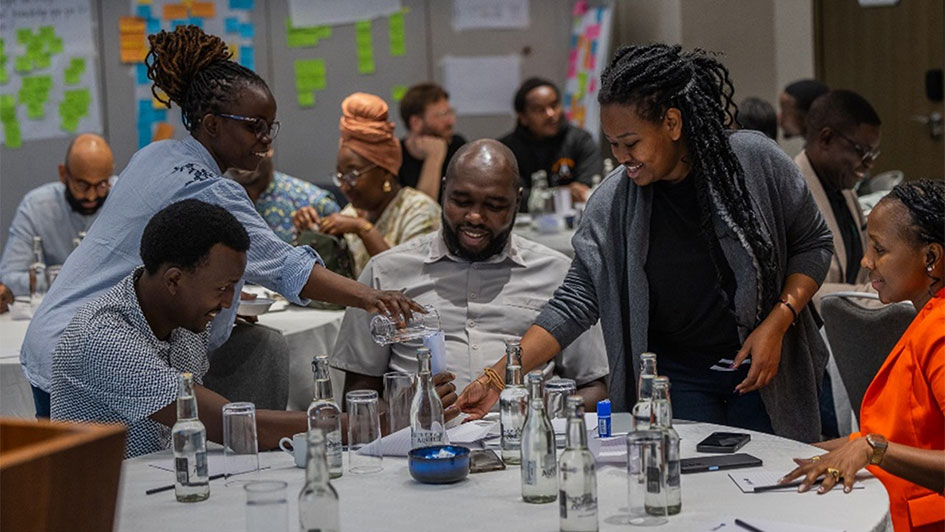
Climate finance and emissions trading
As Kenya advances its e-mobility sector, tapping into global carbon markets presents a strategic opportunity to amplify the sector’s impact on reducing greenhouse gas emissions. By integrating emissions trading and climate finance into their operations, e-mobility enterprises can unlock financial incentives that drive sustainable growth. To support this, we offer trainings focused on essential aspects of emissions trading, climate finance, and relevant reporting standards. They equip entrepreneurs with the critical knowledge and skills needed to successfully navigate global carbon markets, positioning them to seize these opportunities while advancing Kenya’s sustainable transport objectives.
New Report: “Unlocking The Growth Potential of Kenya’s E-Mobility Sector”
Our new study analyzes Kenya’s e-mobility sector and the challenges faced by impact enterprises. The report, developed in collaboration with GIZ, provides recommendations on policy, production, financing, and training to support growth in this area.
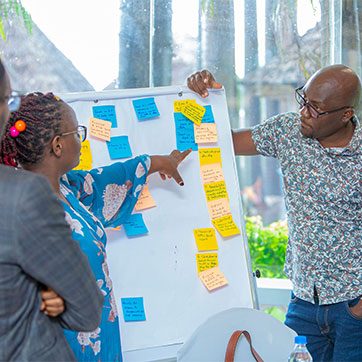
2025Third Research & Development Call
As part of the third R&D call in 2025, Siemens Stiftung is partnering with Enviroserve Kenya Limited to pilot collection and business models and the management of used batteries. The research “Comparative Study and Pilot to Test Different Business Models for Battery Collection in Nairobi, Kenya,” will run over a six-month period and aims to conduct a comparative assessment of various business models for Li-ion battery collection. The study will analyze the financial, operational, and community impacts of each model, with a particular focus on evaluating community acceptance and the volume of batteries collected. In addition, the project will include a cost-benefit analysis to identify the risks and opportunities associated with each business model.
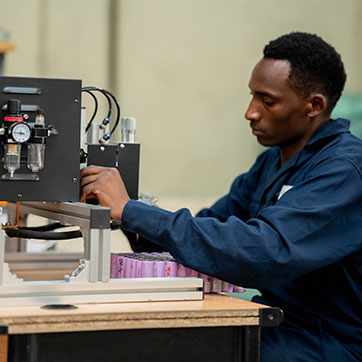
2025Second Research & Development Call
As part of the second R&D call in 2024, two projects were selected implemented by three Kenyan enterprises. These projects aim to tackle critical challenges in the e-mobility sector, including evaluating the impact of locally manufactured e-bicycles on sustainable last-mile transport and exploring user acceptance across various use cases for electric three-wheelers. These research projects will unfold over the course of 12 months.
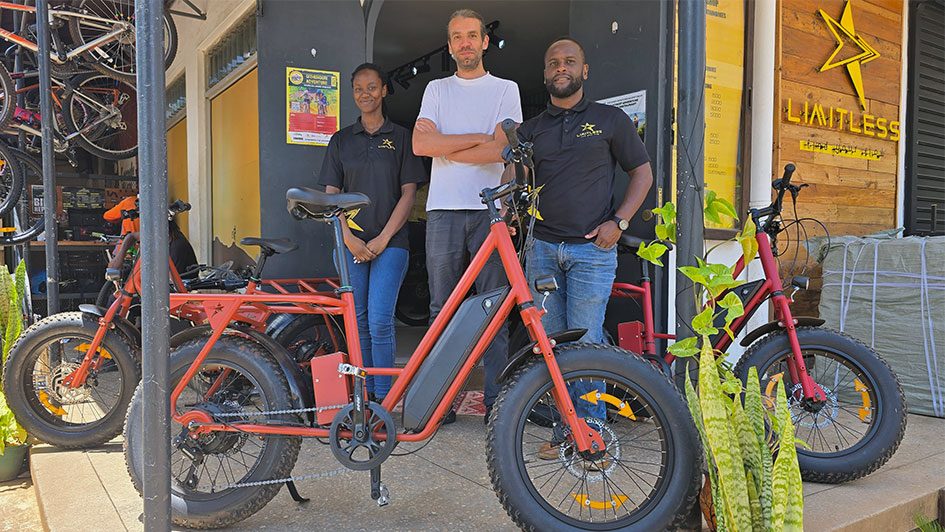
Kazi Limited
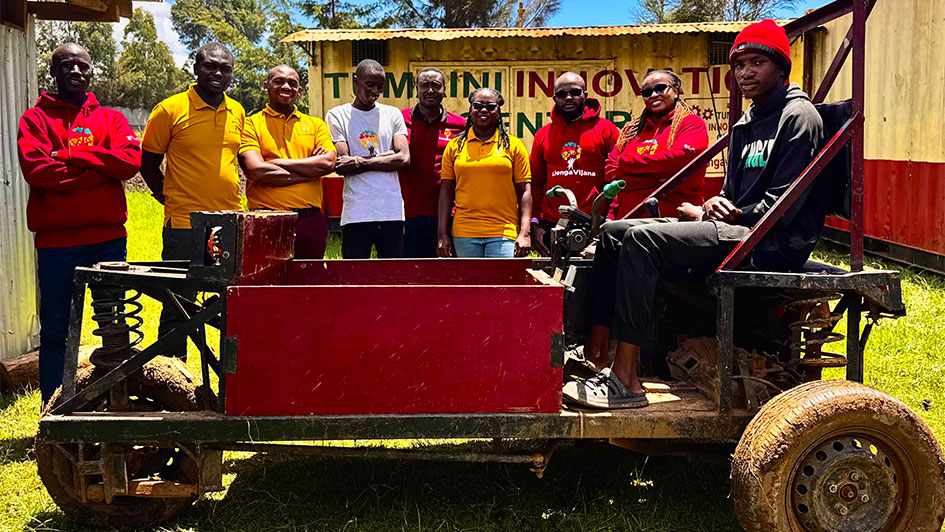
Tumaini Innovation Center and Enviroserve Kenya Limited
2023First Research & Development Call
As part of the first R&D call in 2023, three projects were selected, led by five Kenyan enterprises: eWAKA Mobility Limited, Enviroserve Kenya, Ecobodaa, Kiri EV and Transboda. These projects were designed to address key challenges in the sector, ranging from sustainable last-mile transport to battery recycling and affordability. These research projects unfolded over the course of 12 to 15 months, with insights and findings shared through webinars, conferences, and comprehensive study reports to benefit the entire e-mobility ecosystem.
Partners
Collaboration with the e-mobility ecosystem
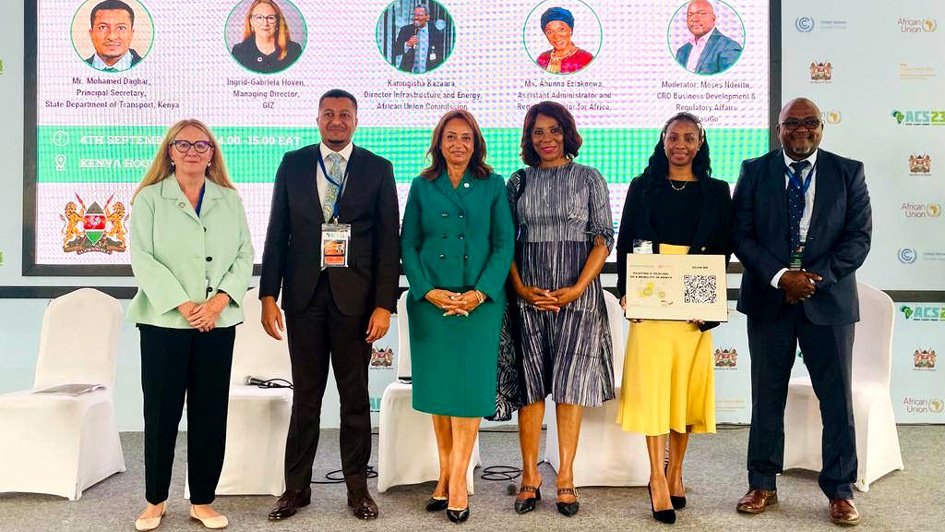
Ingrid-Gabriela Hoven (Managing Director GIZ), Mohamed Daghar, Principal Secretary (State Department of Transport Kenya), H.E. Amani Abou-Zeid (African Union Commission), Ahunna Eziakonwa, Assistant Administrator, Regional Director for Africa (UNDP), Kathryn Mumbua Muthoka (Consultant Siemens Stiftung) and facilitator Moses Nderitu, CRO Business Development & Regulatory Affairs (BasiGo) at the launch of the project during the African Climate Summit 2023.
© GIZ GmbH
Contact
Projekt Lead
Sebastian Gruss
sebastian.gruß@siemens-stiftung.org
Advisor in Kenia
Winnie Njogo
winnie.njogo.ext@siemens-stiftung.org
LinksWould you like to learn more?
